Companies like Facebook and Google have a different business model as compared to brick-and-mortar stores like Apple. Yet, they are all giant tech companies. Both Apple and Facebook command planeloads of customers. Apple sells gadgets to its legions of loyal customers, while Facebook sells its targeted customers’ personal data to advertisers.
Mark Zuckerberg becomes the world’s 5th richest man because his company makes tons of money from digital advertising, as does Google, leveraging on the wealth of personal data collected. Therefore, it’s in Facebook’s DNA to grow and engage. The world’s largest social platform’s addiction to growth and engagement is the very core of its survival.
More growth and more engagement means more data – which means the company can make more advertising dollars, which gives it a breathtaking valuation on the stock market, which in turn allows it to remain competitive and stay ahead of its rivals. No matter how Zuckerberg argues it, Facebook’s core business is exploiting the personal data of its users.
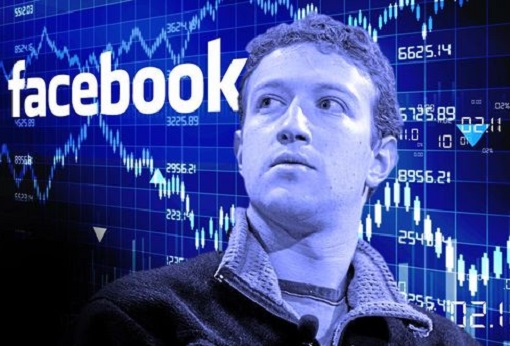
In the wake of Cambridge Analytica scandal where 50 million users’ data had been improperly accessed, one may wonder how far Facebook is willing to go in order to grab advertising dollars. Turns out, the Zuckerberg company was willing to do anything for growth – even if Facebook could get people killed. That’s how greedy the company is.
An explosive internal memo – titled “The Ugly” – is the latest bombshell leaked from the Silicon Valley social media giant. Written by Facebook VP Andrew “Boz” Bosworth, the memo made its way to the company’s employees on June 18, 2016. Bosworth was in charge of Facebook’s ad strategy when he wrote the memo two years ago.
Mr. Bosworth, one of Zuckerberg’s most trusted lieutenants wrote – “We connect people. Period. That’s why all the work we do in growth is justified. All the questionable contact importing practices. All the subtle language that helps people stays searchable by friends. All of the work we do to bring more communication in. The work we will likely have to do in China some day. All of it.”
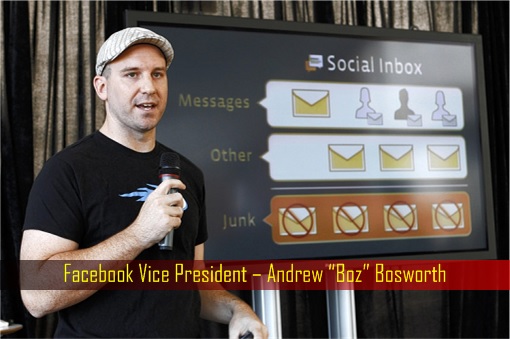
The mind-boggling memo says – “So we connect more people. That can be bad if they make it negative. Maybe it costs someone a life by exposing someone to bullies. Maybe someone dies in a terrorist attack coordinated on our tools. The ugly truth is that we believe in connecting people so deeply that anything that allows us to connect more people more often is *de facto* good.”
The memo also says – “The natural state of the world is not connected. It is not unified. It is fragmented by borders, languages, and increasingly by different products. The best products don’t win. The ones everyone use win. I know a lot of people don’t want to hear this. Most of us have the luxury of working in the warm glow of building products consumers love. But make no mistake, growth tactics are how we got here.”
Exposed by BuzzFeed, the internal memo unleashed by Bosworth reveals the extent to which Facebook’s leadership understood the physical and social risks the platform’s products carried – even as the company downplayed those risks in public. It would be hard to believe that Mark Zuckerberg didn’t know about the memo.
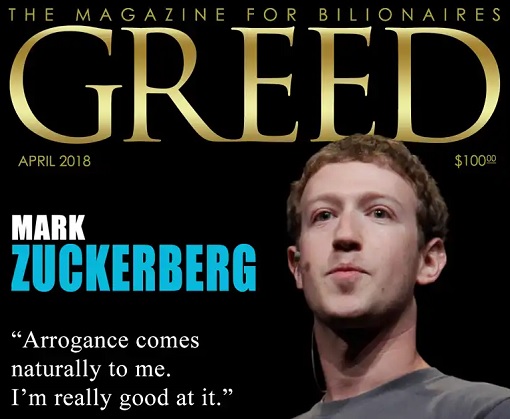
Zuckerberg used to say that – “The biggest risk is not taking any risk. In a world that is changing really quickly, the only strategy that is guaranteed to fail is not taking risks.” He also popularly shared his wisdom – “Move fast and break things. Unless you are breaking stuff you are not moving fast enough.”
Bosworth, of course, has since clarified that he didn’t believe what he was writing at the time, suggesting that he was playing devil’s advocate. He claimed that he wanted to encourage debate on “hard topics.” Facebook CEO Mark Zuckerberg disavowed Mr Bosworth’s note, saying in a statement that his deputy was “a talented leader who says many provocative things”.
Zuckerberg can huff and puff all he wants, but you don’t need a rocket scientist to tell that Facebook believed the ends justify the means, at least until the Cambridge Analytica scandal or crisis exploded. Contrary to Bosworth and Zuckerberg’s denials, the memo clearly carried a very different tone, arguing that the harms caused by Facebook were just a part of its business.
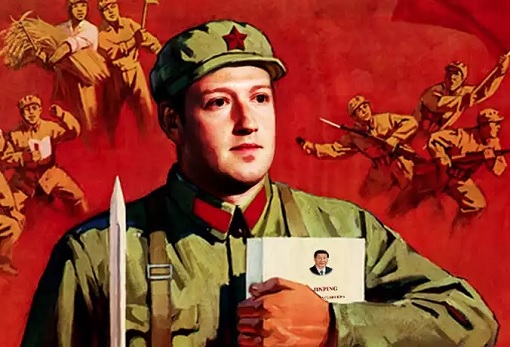
After attracting attention on Twitter, former software engineer Alec Muffett who worked on security issues at Facebook said the company’s growth obsession – included its decision to build a censorship tool, clearly to suck up to China so that it could gain access to the Chinese market – led him to quit the company.
On June 30, 2016, an Israeli teen was stabbed to death by a terrorist who had boasted on Facebook of his plans to die as a martyr. On 21 January 2017, in Uppsala, Sweden, Facebook users used Facebook Live to commit a live streaming, gang raping an unconscious woman for several hours.
Other Articles That May Interest You …
- Adding Salt To Injury – As Facebook Losses $100 Billion, Cook Mocked Zuckerberg About Privacy
- Exposed!! Facebook Collects Your Personal Calls & Text Messages For Years – Here’s How To Download Them
- Here’s How Much Your Private Data Is Worth – From $5.20 For Facebook To $247 For PayPal
- Here’s How To Check & Remove Apps That Have Access To Your Facebook Data
- How Zuckerberg Stole WhatsApp While WeChat’s Boss Was Sick
- WhatsApp To Sell Your Phone No To Evil Zuckerberg – Here’s How To Stop It
- Zuckerberg The “BrainWasher” – Facebook Decides What News You Should Read
- Beware!! Facebook Can Tell If You’re A “Narcissist” Or “Insecure”
- Revealed – Why Facebook Mark Zuckerberg Wears The Same Shirt Every Day
- Security Tips From Edward Snowden – Get Rid Of Facebook, Google & Dropbox

|
|
March 30th, 2018 by financetwitter
|


|

|

|

|

|

|






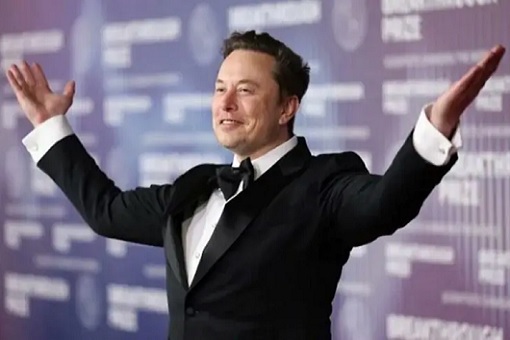





















Comments
Add your comment now.
Leave a Reply